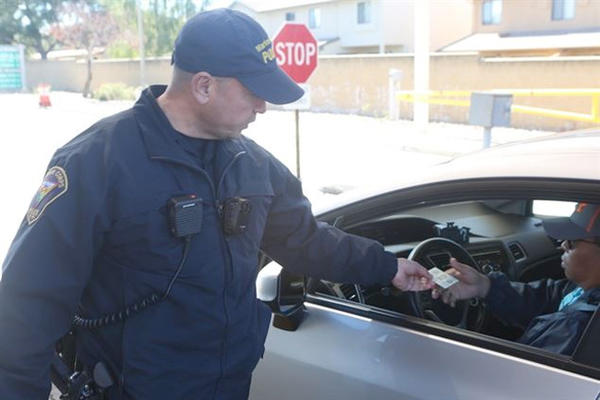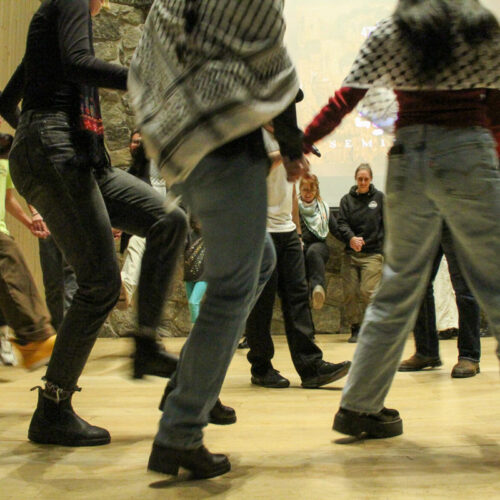
Why Equipping Police With Body Cameras Is Not As Easy As It Seems
Listen
It seems so simple. Equip police officers with body cameras to record their interactions with the public. But it turns out it’s actually quite complicated.
A legislative task force meets Tuesday in an ongoing effort to try to figure it out.
Washington state has a temporary law governing the use of police body cameras. That law expires in 2019. Democratic State Rep. Drew Hansen co-chairs Washington’s task force on the Use of Body Worn Cameras. He said privacy is his number one concern.
“We need to have some reasonable privacy protections so that every possible sensitive interaction in people’s lives doesn’t just go up on YouTube for everyone to gawk at,” Hansen said.
Washington’s temporary law exempts body cam video from disclosure if “essential” to protect a person’s right to privacy. It also requires police departments that deploy the cameras to establish policies for how officers use them.
Meanwhile the task force is supposed to issue a final report to the legislature this December. From there lawmakers will have to figure out if there’s consensus to pass a permanent law.
9(MDAyNTQ1NzQ1MDEyMjk0OTcxNTI4MzljZQ001))
Related Stories:

Nursing union at St. Joseph Medical Center in Tacoma reaches tentative agreement
Nurses at Tacoma’s St. Joseph Medical Center could soon have a new collective bargaining agreement with higher wages, improved safety measures in the hospital and some staffing mandates.
The bargaining team for the nurses reached a tentative agreement with the hospital after months of bargaining. This week, all employees at the hospital represented by the Washington State Nurses Association have a chance to vote on the contract.

How Whitman College is reckoning with its past
Whitman College’s dining hall will now serve first foods, such as elk, trout and root vegetables, on a monthly basis. (Credit: Susan Shain / NWPB) Listen (Runtime 4:00) Read On

As Northwest snowpack grows, ski resorts open early
A drone photo shows White Pass Ski Area in Naches, Washington, on Dec. 1, 2024. (Credit: Andy Mahre / White Pass Ski Area) Listen (Runtime 1:00) Read Fresh white powder












